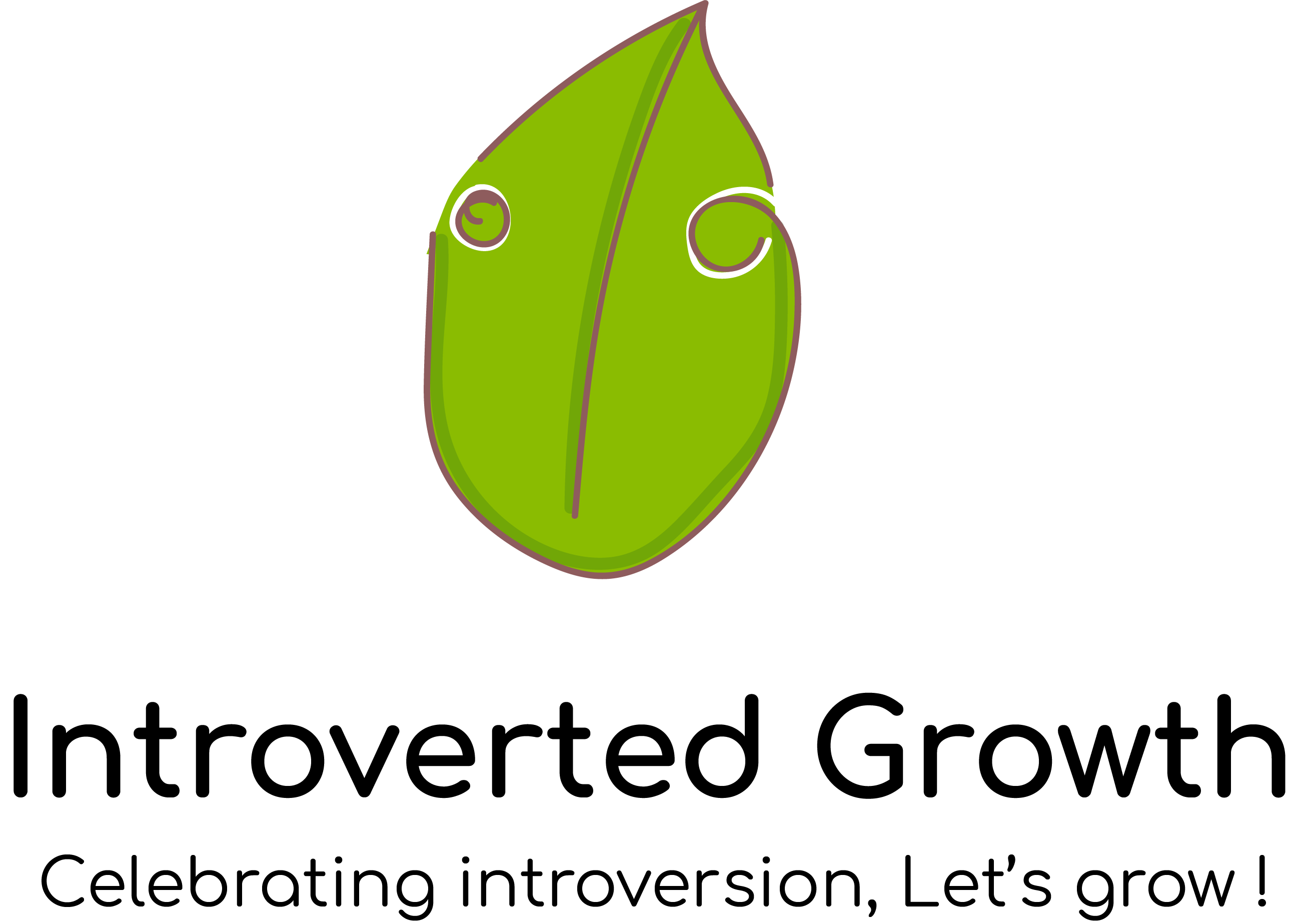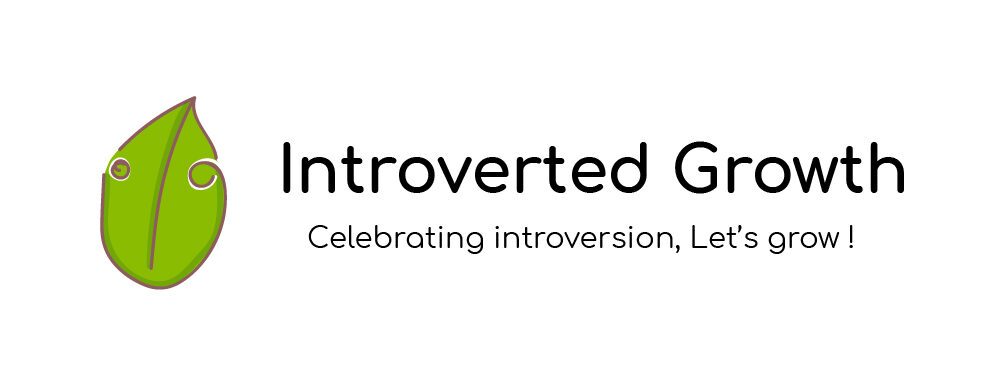in this article, we will take a closer look at the similarities and differences between these two personality types, based on their cognitive functions to help you learn how to spot the difference between an ISTP vs INTP to better identify your Myers Briggs personality type.
Let’s start by taking a look at their cognitive function stack
ISTP vs INTP Cognitive Functions
The INTP Function Stack
- Dominant introverted thinking (Ti)
- Auxiliary extraverted intuition (Ne)
- Tertiary introverted sensing (Si)
- Inferior extraverted feeling (Fe)
The ISTP Function Stack
- Dominant introverted thinking (Ti)
- Auxiliary extraverted sensing (Se)
- Tertiary introverted intuition (Ni)
- Inferior extraverted feeling (Fe)
Major Similarities Between INTP and ISTP
Based on their function stacks, you can see that both the ISTP and INTP use introverted thinking (Ti) as their dominant cognitive process, meaning that they tend to rely on objective logic and impersonal analysis in order to determine the course of action that they should take.
They both tend to be less concerned with external factors such as social niceties, and more focused on impersonal facts and logic.
INTPs and ISTPs are less likely to let feelings influence their decisions. They are more interested in thinking logically about how to act than they are in considering their own personal feelings when making a decision.
Both types are more interested in exploring possibilities than they are in establishing concrete plans, and so both INTPs and ISTPs tend to be spontaneous, and prefer to take things as they come, rather than planning too much in advance.
Both INTPs and ISTPs prefer to focus on impersonal analysis, rather than how they are feeling. They tend to be more interested in finding the truth behind objective data than they are in establishing emotional connections.
Despite their similar approach to making decisions, INTPs and ISTPs have some notable differences.
9 Way To Tell The Difference between INTP And ISTP
1. Focused on the present moment (ISTP) Vs. Focused on Futur possibilities (INTP)
A major difference between the two personality types is in their auxiliary functions, where INTPs use extraverted intuition (Ne), which helps them to think about the world in terms of abstract possibilities, while ISTPS are more likely to use extraverted sensing (Se) which makes them more focused on the here and now of physical reality.
ISTPs are better at thinking in practical terms about the present moment, while INTPs are more interested in picturing how things could be different in the future.
2. Abstract Concepts (INTP) Vs. Concrete Facts (ISTP)
Another major difference between the two types is that ISTPs tend to think about things more in terms of concrete facts and details, while INTPs tend to think more about abstract concepts and possibilities.
That’s because ISTPs use their Auxiliary Se to experience and understand the world, while INTPs use their Auxiliary Ne to imagine new possibilities.
3. Outcome-focused (ISTP) Vs. Process-Oriented (INTP)
ISTPs tend to be more outcome-focused than INTPs, who are more interested in understanding the inner workings of things, and focus on the process rather than the end result.
ISTPs are more into action than INTPs, who are more likely to enjoy reflecting and thinking about things.
4. Thought about Abstract Concepts (INTP) Vs. Focused on Details (ISTP)
ISTPs tend to be more interested in concentrating on the finer details of things, while INTPs are more likely to think about abstract concepts and possibilities.
INTPs are more likely to be interested in learning about scientific theories, while ISTPs tend to enjoy learning specific facts about the world.
5. Independent (INTP) Vs. Cooperative (ISTP)
INTPs and ISTPs tend to approach their work in different ways because ISTPs tend to be more cooperative and perfectionist than INTPs, who are independent and creative.
That’s because ISTPs use extraverted sensing (Se), which makes them more interested in doing things with other people rather than alone, while INTPs are more likely to use extraverted intuition (Ne), which makes them more interested in exploring new ideas.
6. How Good Are They In Relationships (INTP) Vs. (ISTP)
INTPs and ISTPs are both somewhat difficult to get to know, so it can be hard for people to get close to them.
ISTPs tend to be more independent than INTPs, who are more likely to value their relationships with their friends and family more than ISTPs, who sometimes misunderstand or take for granted the people closest to them.
7. Technical (ISTP) Vs. Artistic (INTP)
Another difference between the two types is that INTPs tend to be more artistic than ISTPs, who are more interested in understanding the technical aspects of the world around them.
This leads to ISTPs being interested in majoring in areas such as science, technology, engineering, and mathematics (STEM) while INTPs are more likely to major in liberal arts.
8. Long-term Prospective (INTP) Vs. Short-term Prospective (ISTP)
INTPs tend to be more future Oriented than ISTPs, who are more likely to be present Oriented.
That’s because ISTPs use their auxiliary Se to experience the world, while INTPs use their auxiliary Ne to explore new possibilities.
ISTPs are more interested in living life moment by moment than planning for the future, while INTPs are more concerned with changing or creating something in the world.
9. Structured (ISTP) Vs. Laid Back (INTP)
ISTPs tend to be more structured and organized than INTPs, who can sometimes struggle with staying on task.
INTPs actually can get easily distracted by following structured plans and would prefer to think about things as they come.
ISTPs sometimes miss the bigger picture in favor of getting caught up in details, while INTPs tend to see the big picture first.
ISTPs like to follow the rules, while INTPs dislike being told what to do.
FAQs
INTP vs ISTP Intelligence: Which one Is The Smartest?
INTP and ISTP are among the most intelligent personality types. but when it comes to the ‘genius’ one, The INTP win by a small margin. Using their dominant Ti, INTP’s are extremely intelligent and easily understand complex theories, concepts, and ideas.
Do INTPs like ISTPs?
INTPs will certainly find ISTPs interesting and engaging. Since they’re both so similar and different at the same time.
INTPs do love independent people because having the company of a person who is just there for you is always a nice feeling. But they’ll also find it challenging to keep up with ISTP’s structured life since they’re more laid back and ‘walk with the flow’ type of people.
If you want a romantic relationship with an INTP, it would be a good idea to impress them with your humor, since ISTPs love a good sense of humor.
What Do ISTPs Think of INTPs?
ISTPs will find INTPs interesting and fun to be around. They’ll probably find it challenging to be with them though because they sometimes tend to be a bit too analytic for the ISTP. They also might find the INTP’s lack of motivation disturbing since they’re more goal-oriented than the INTP who will follow their ‘inspiration’ to go after something.
How do I know if I am INTP or ISTP?
If you’re looking for an INTP vs ISTP test, you should closely check the differences listed in this article to determine where you belong. The best way of course is to take a free INTP test and ISTP test online and compare the results.
Is INTP better than ISTP?
Neither personality type is ‘better’. Both personality types have their strengths and weaknesses. The INTP is better at abstract thinking, theory crafting, and imagination while the ISTP is more rational and interested in practical applications. Both are considered smart.
INTP vs ISTP: Which is the best for a relationship?
The INTP or ISTP are both great choices for serious relationships even though they’re not the romantic type unless you take the time to actively teach them about romance, which they’re willing to learn.
CONCLUSION
I hope you found this article helpful, if you did make sure to share it with your friends and leave your feedback in the comments below.
Be sure to check out my other articles about INTP and ISTP Personality types!






